europeanunion
Latest
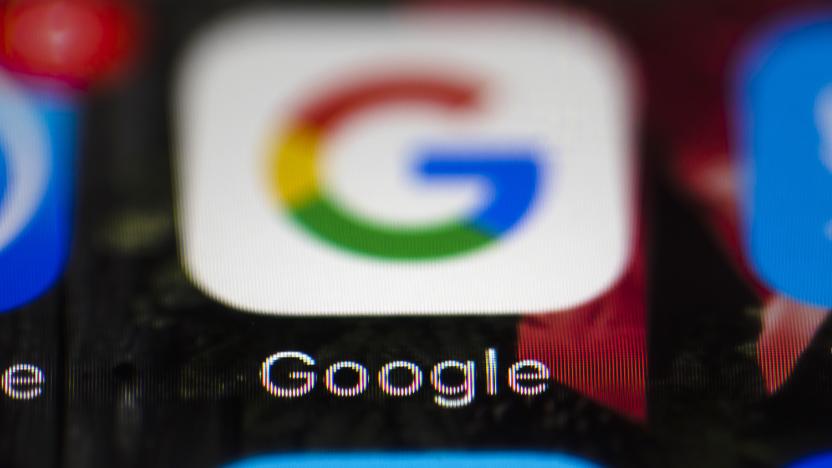
Google to split Chrome and Search from Android in EU
Google is fighting the EU's Android antitrust fine tooth and nail, but it's also making major changes to its licensing policy to comply with that decision in the meantime. To begin with, it's separating the license for its standard apps from Chrome and the official search app. If a company wants to offer Gmail and YouTube but rely on Bing for search and Firefox for browsing, they can. However, this will come at a cost. As Google used its bundled search and browser to "fund the development and free distribution of Android," there will now be a paid license for mobile devices shipped to the European Economic Area. Android itself will remain free.

Twitter faces Irish investigation over user tracking
Twitter is the latest internet giant facing scrutiny over its data transparency in Europe. Ireland's Data Protection Commission has launched an investigation into the social network after it declined to provide t.co web link tracking data to researcher Michael Veale, potentially violating the EU's allowance for requests under GDPR. The privacy expert said that Twitter rejected his request citing an exception to GDPR for demands that would involve "disproportionate effort." Veale, however, believed that Twitter was misinterpreting the law to limit the information it handed over.

Google appeals its $5 billion EU antitrust fine
In July, the European Commission fined Google a record-setting €4.3 billion ($5 billion) for antitrust violations regarding its Android OS. Now, Google's pushing back on that fine. "We have now filed our appeal of the EC's Android decision at the General Court of the EU," the company told Reuters. Google said back in July that it planned to pursue an appeal and it argued at the time that its product has given consumers more choice, not less, like the EC has claimed. "Android has created more choice for everyone, not less. A vibrant ecosystem, rapid innovation and lower prices are classic hallmarks of robust competition," it said.

Europe moves forward with content quotas for Netflix and Amazon
The European Parliament has voted to approve new regulations that will place a European content quota on streaming services like Netflix and Amazon Prime Video. Once the new rules are formally approved, 30 percent of video-on-demand platform content catalogs will have to be European -- a move aimed at supporting "the cultural diversity of the European audiovisual sector." Additionally, these companies will be asked to support the development of European productions either through direct investment or by paying into national funds, contributions that should be "proportional to their on-demand revenues in that country."
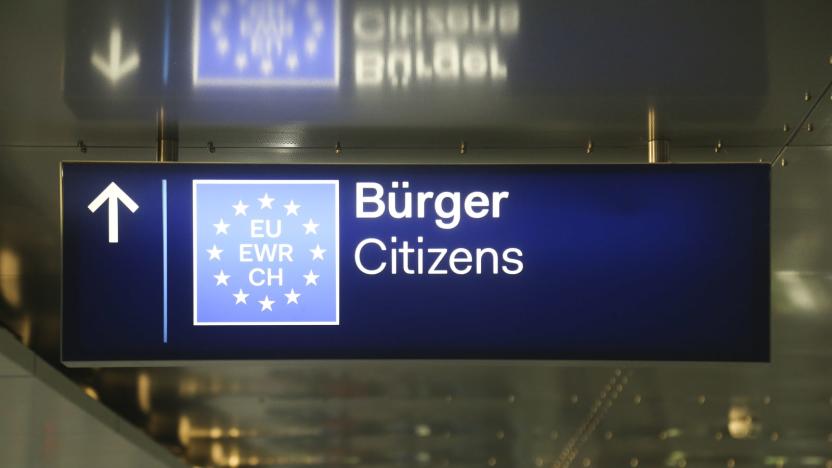
EU now recognizes digital IDs across borders
If you're a European Union citizen, it just became that much easier to prove your identity -- wherever you happen to be in the region. The EU now officially supports cross-border recognition for digital IDs, making your virtual driver's license or bank card useful in any member state so long as it's notified according to EU rules. Germany, Italy, Luxembourg and Spain have already finished the notification process. Croatia and Estonia are next in line, while Belgium, Portugal and the UK (yes, despite everything) are in the early stages.

Apple pays off its $15.4 billion Irish tax bill
The EU is to drop its litigation against Apple over its cosy tax relationship with Ireland now that the iPhone-maker has paid back 13.2 billion Euros ($15.4 billion) in back taxes, plus interest of 1.2 billion Euros ($1.4 billion). That sum is going in an escrow holding account pending Dublin and Apple's appeal against the ruling.
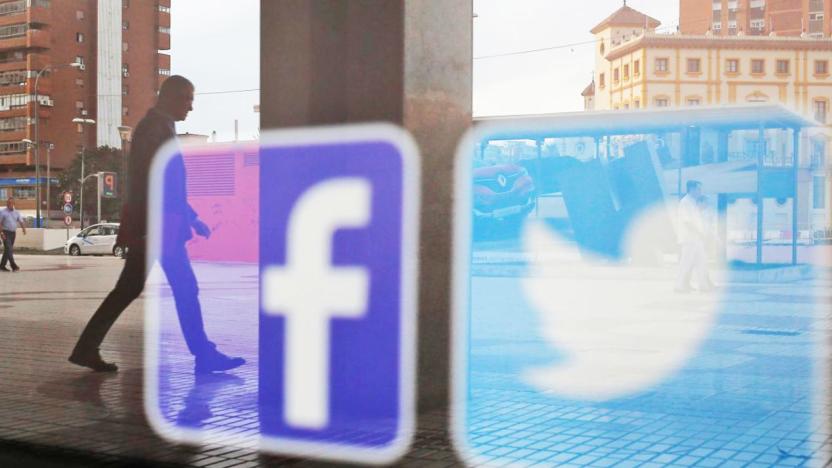
EU will fine social media sites for lingering extremism
The EU has been threatening to take action against online platforms that fail to remove extremist content within an hour for the most part of the year -- and now we know what form its punishment will take. The likes of Google, Facebook, Twitter, and YouTube could be slapped with fines as high as 4 percent of annual turnover, revealed European Commission President Jean-Claude Juncker.
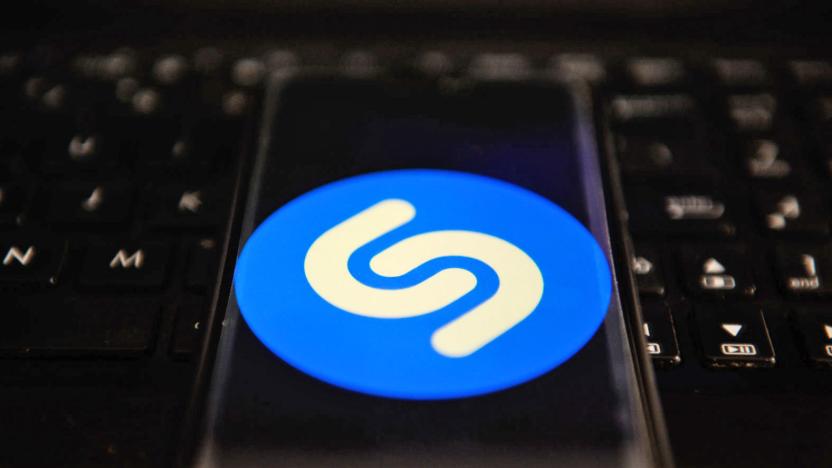
European Commission approves Apple’s purchase of Shazam
After launching an investigation into Apple's proposed acquisition of Shazam in April, the European Commission has cleared the deal. The EC looked into whether data obtained in the purchase would allow Apple to target its competitors' music streaming customers and if rivals, like Spotify, would be harmed if Apple chose to stop referring customers to them through Shazam. "After thoroughly analysing Shazam's user and music data, we found that their acquisition by Apple would not reduce competition in the digital music streaming market," Commissioner Margrethe Vestager said in a statement.

Netflix and Amazon will have to make more European content by law
Streaming services like Netflix and Amazon Prime Video will likely soon have to ensure at least 30 percent of their libraries are dedicated to local content in the European Union. A preliminary agreement on the rules is already in place, and Roberto Viola, who oversees the European Commission department in charge of networks, content and technology, said the quota is set to become law in December. He indicated to Variety that the vote is "a mere formality."
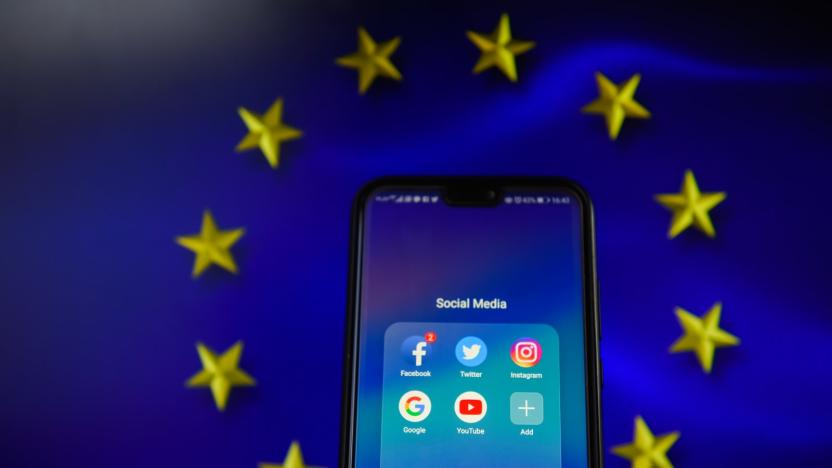
EU may fine political groups misusing personal data to skew elections
The European Union is determined to prevent a Cambridge Analytica-style scandal where politicians misuse personal data for strategic gains. The Financial Times has learned of a European Commission draft amendment that would fine political organizations if they benefit from surreptitious personal data gathering. The details are reportedly still in flux, but the penalty would represent about 5 percent of a political party's yearly budget -- not necessarily fatal to a campaign by itself, but it would stack on top of GDPR-related fines.

EU draft law would force sites to remove extremist content
The European Union is no longer convinced that self-policing is enough to purge online extremist content. The Financial Times has learned that the EU is drafting legislation to force Facebook, Twitter, YouTube and other internet companies to delete material when law enforcement flags it as terrorist-related. While EU security commissioner Julian King didn't provide details of how the measure would work, a source said it would "likely" mandate removing that content within an hour of receiving notice, turning the existing voluntary guidelines into an absolute requirement.

Facebook lost one million monthly active users to GDPR
The European Union's General Data Protection Regulation had a tangible impact on Facebook's user base -- if only just. While discussing its second quarter earnings, the social network revealed that it lost about 1 million monthly active users in Europe due to the implementation of GDPR. That's a drop in the bucket next to Facebook's 376 million European users and 2.2 billion total users, but such a decline is extremely rare for a company that has almost always seen growth, even if it has been slowing over time.
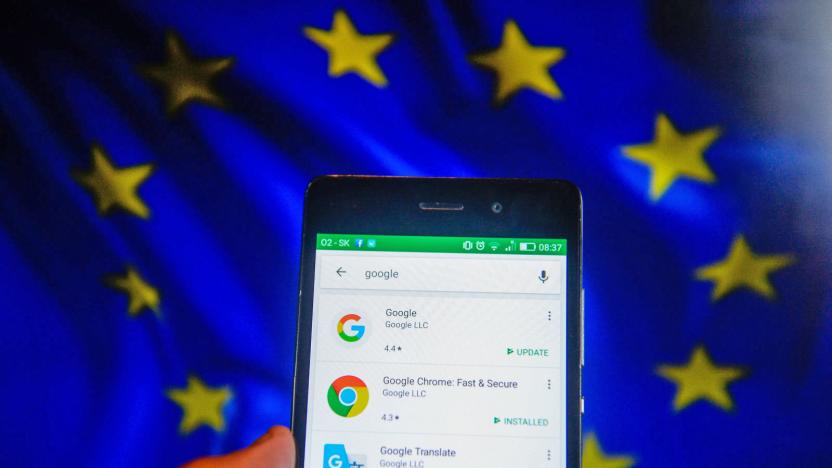
Google reportedly offered Android changes to EU in 2017
The European Union may have characterized its $5 billion Android antitrust fine as punishment for an intransigent Google, but the practical reality might be different. Bloomberg sources have claimed that Google offered to make changes to its Android policies in August 2017, not long after it received an EU antitrust penalty for its product search practices. Although Google didn't dive into specifics, it had offered to "loosen restrictions" in Android contracts and had considered distributing its apps in "two different ways."

Why does Google owe the EU $5 billion?
After the better part of three years' investigation, the European Union has announced that it will fine Google €4.34 billion ($5 billion). The company was found to have restricted competition through the use of its dominance in the mobile market. Officials believe that Google's business practices, including using Google Play rules to block manufacturers forking Android, is an abuse of its power. The Commission also believes that financial incentives were used to ensure that they "exclusively pre-install Google search on their devices." The fine is the largest in European Union history, dwarfing the €2.4 billion penalty handed out to Google in 2017. Confused? Let us help you get all caught up.

Google fined $5.04 billion for forcing its apps onto Android phones
Europe has imposed a record-setting €4.3 billion ($5 billion) fine on Google for antitrust violations around its Android smartphone operating system. In 2016, the EU Commission charged Google with forcing mobile network operators to install Chrome, search and other Google apps as the default or exclusive search service on most devices sold in Europe. With a market share of over 80 percent in many countries, that effectively locked others out of the search market, creating a near-monopoly for the search giant.

After Facebook and Google, the EU tackles... daylight savings
After holding tech giants to account with fines and legislation, the European Commission (EC) sights are now trained on a new target. The commission is polling EU residents to figure out whether it's time to reconsider daylight savings.

European Wikipedia sites go dark to protest copyright reform
If you check Wikipedia's Spanish and Italian editions while in Europe, you'll find yourself facing a wall of text and no means to access its articles. Both pages have gone dark ahead of the European Parliament's final vote on the controversial EU Copyright Directive, which is the first time the region is updating its copyright laws since 2001. The online encyclopedia and other privacy groups are protesting two of the directive's proposals in particular. First is Article 13, which requires websites to filter user submissions and check them against copyrighted work. The other is Article 11, which will require websites to pay a fee to link to news publications or to use snippets from their articles.

UK won't be involved in Europe's Galileo satellite navigation program
Among the many projects being shaken up by Brexit is the European Union's Galileo program, a satellite-based navigation system along the lines of the US' GPS. It's scheduled to be operational in 2020 and will be used by citizens, military and governments. Though the UK has already put £1 billion toward the project, the country's decision to leave the EU has put its involvement with the Galileo program up in the air -- the EU has been clear that the UK might be shut out from the project since fully including a non-member state would threaten the security of the system as a whole. Now EU members have voted to do just that.

Facebook suggests Europeans won't be compensated for data fiasco
Apparently, people in the European Union expected a payout from Facebook following the Cambridge Analytica data fiasco. "This was clearly a breach of trust," the social network said in a statement to Reuters. "However, it's important to remember that no bank account details, credit card information or national ID numbers were shared." As a result, there won't be a payout to the 2.7 million users whose accounts were affected. Unlike the US, Cambridge Analytica didn't sell information on EU users, Facebook admitted.
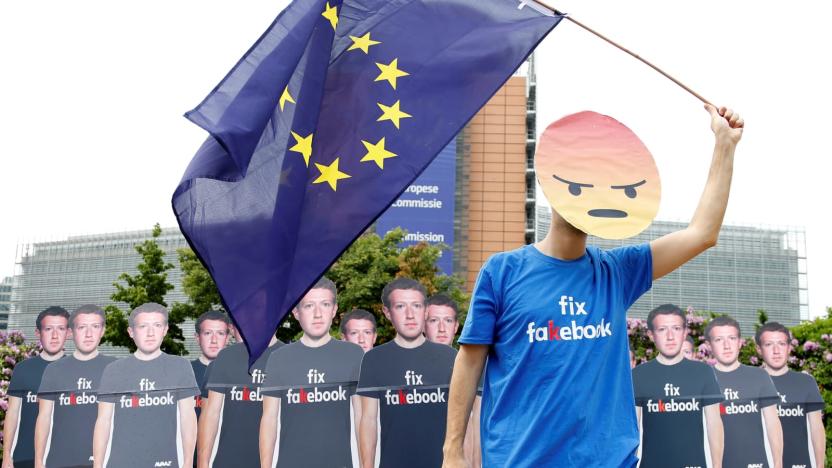
Facebook is rolling out its GDPR privacy rules to the world
At first, Facebook CEO Mark Zuckerberg only agreed with the European Union's General Data Protection Rules (GDPR) "in spirit." Now, following Zuckerberg's appearance before EU parliament, the social network is applying GDPR's framework to accounts across the globe. "People have told us they want clearer explanations of what information we collect and how we use it," chief privacy officer Erin Egan writes. Egan explains that within the next few weeks, when you log in, you'll have a notification so you can review details about advertising, face recognition and information you've chosen to share on your profile.








